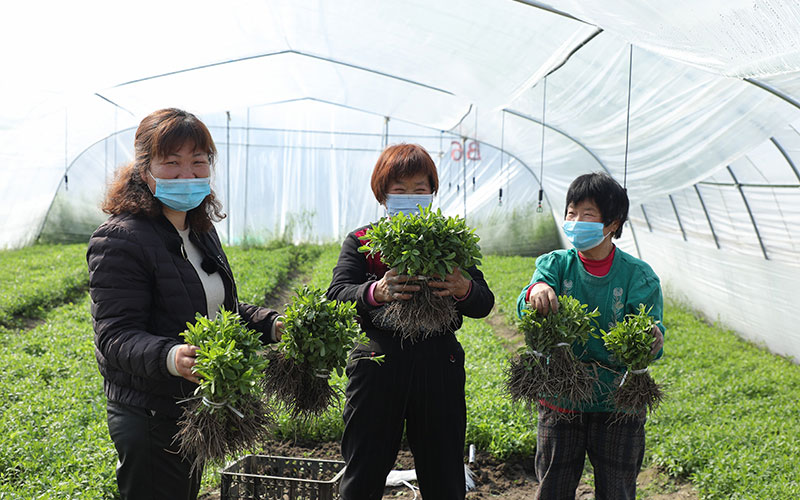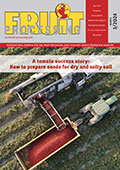Tate & Lyle launches new programme to support sustainability of stevia with Earthwatch Europe and Nanjing Agricultural University
Tate & Lyle PLC, a leading global provider of food and beverage ingredients and solutions, has launched a new sustainability programme to enable stevia growers in China to lower their environmental impact and…

Tate & Lyle PLC, a leading global provider of food and beverage ingredients and solutions, has launched a new sustainability programme to enable stevia growers in China to lower their environmental impact and gain greater economic benefit from production of this in-demand no calorie sweetener. Developed with environmental charity, Earthwatch Europe, and being rolled out with support from Nanjing Agricultural University (NJAU), the outreach programme provides farming families in Dongtai, East China with training to help them to modernise farming practices and achieve sustainability-related accreditation for their stevia.1
As a leading global stevia supplier, in 2019 Tate & Lyle commissioned Earthwatch to undertake a first-of-its-kind study to assess the environmental impacts of different approaches to stevia production in China, where most of the world’s stevia is grown. The study identified a significant opportunity to drive environmental improvements in stevia production and support the Company’s suppliers in Dongtai, one of the first areas in China where stevia was cultivated around 40 years ago and one of the main seedling supply areas in the country. Learnings from this study have been incorporated into the new sustainable stevia programme, with key areas identified by Earthwatch including:
- Lowering the environmental impacts of stevia production by changing usage of synthetic fertiliser and pesticides to more sustainable alternatives, and providing guidance on application timing, targeting and volumes.
- Taking a comprehensive prevention and control approach to protect against pests, crop diseases and weeds, replacing plastic materials used for mulching with more sustainable alternatives.
- Developing farming practices to help maintain soil health, keep carbon locked in and improve on-farm composting.
Stevia experts from nearby NJAU are supporting growers in the programme through training, farm visits and best practice sharing. In a new pilot study, the NJAU team will also apply more sustainable fertiliser to an area of land and monitor its impact to help demonstrate and communicate the benefits of this intervention, the main recommendation for Dongtai farmers in the 2019 study. Stevia growers will also benefit from mentoring throughout the Sustainable Agriculture Initiative (SAI) certification process.
1Sustainable Agriculture Initiative (SAI) is one of the main global food and drink value chain accreditation initiatives aimed at accelerating the adoption of sustainable agricultural practices. This pilot programme will run until 2022.









